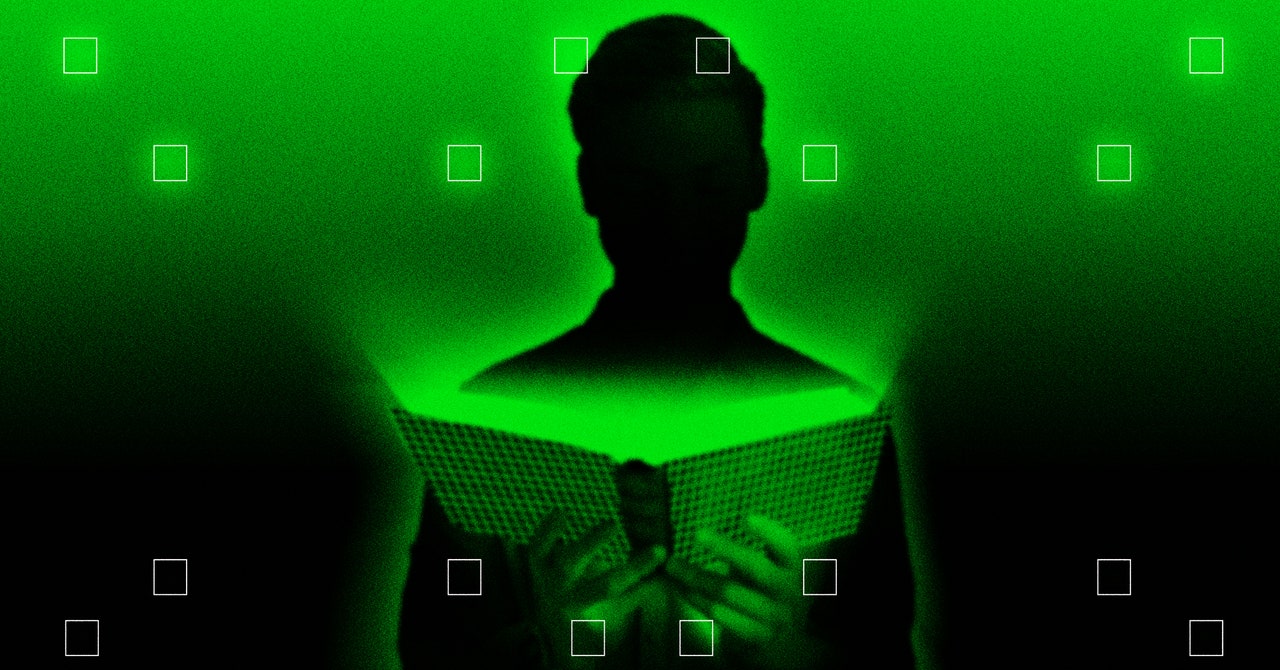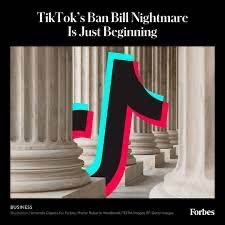One reason books haven’t been particularly disruptable might be that many of the people looking to “fix” things couldn’t actually articulate what was broken—whether through their failure to see the real problems facing the industry (namely, Amazon’s stranglehold), or their insistence that books are not particularly enjoyable as a medium. “It’s that arrogance, to come into a community you know nothing about, that you might have studied as you study for an MBA, and think that you can revolutionize anything,” says writer and longtime book-industry observer Maris Kreizman. “There were so many false problems that tech guys created that we didn’t actually have.”
Take, for example, the long string of pitches for a “Netflix for books”—ideas that retrofitted Netflix’s original DVDs-by-mail model for a different medium under the presumption that readers would pay to borrow books when the public library was right there. Publisher’s Weekly keeps a database of book startups that now numbers more than 1,300; many of them are marked “Closed,” alongside a graveyard of broken URLs. There were plenty of practical ideas—targeting specific demographics or genres or pegged to more technical aspects, like metadata or production workflows. But many more proposed ways to alter books themselves—most of which made zero sense to people who actually enjoy reading.
“I don’t think they’re coming to that with a love of fiction or an understanding of why people read fiction,” Kreizman says. “If they were, they wouldn’t make these suggestions that nobody wants.”
The “10x more engaging” crowd has come in waves over the past two decades, washed ashore via broader tech trends, like social media, tablets, virtual reality, NFTs, and AI. These tech enthusiasts promised a vast, untapped market full of people just waiting for technology to make books more “fun” and delivered pronouncements with a grifting sort of energy that urged you to seize on the newest trend while it was hot—even as everyone could see that previous hyped ventures had not, in fact, utterly transformed the way people read. Interactive books could have sound effects or music that hits at certain story beats. NFTs could let readers “own” a character. AI could allow readers to endlessly generate their own books, or to eschew—to borrow one particular framing—“static stories” entirely and put themselves directly into a fictional world.
What people are actually doing is creating a new medium. They’re not actually replacing the novel; they created a new thing that was like the novel but different, and the old forms carried on.
University of California, Santa Barbara English professor Jeremy Douglass, on AI
AI isn’t remotely a new player in the book world. Electronic literature artists and scholars have worked with various forms of virtual and artificial intelligence for decades, and National Novel Generation Month, a collaborative challenge modeled after NaNoWriMo, has been around since 2013. Even now, as much of the book world loudly rejects AI-powered writing tools, some authors are still experimenting, with a wide range of results. But these bespoke, usually one-off projects are a far cry from the tech industry’s proposals to revolutionize reading at scale—not least because the projects were never intended to replace traditional books.
“A lot of interactive storytelling has gone on for a very long time,” says Jeremy Douglass, an assistant professor of English at the University of California, Santa Barbara, citing everything from his early career work on hypertext fiction to the class he’ll teach next year on the long history of the pop-up book to centuries-old marginalia like the footnote and the concordance. “These fields are almost always very old, they’re almost always talked about as if they’re brand-new, and there haven’t really been a lot of moments of inventing a new modality.”
To VC claims that AI will totally alter books, Douglass takes what he calls a “yes, and” stance. “What people are actually doing is creating a new medium. They’re not actually replacing the novel; they created a new thing that was like the novel but different, and the old forms carried on. I’m still listening to the radio, despite the film and game industries’ efforts.”

































